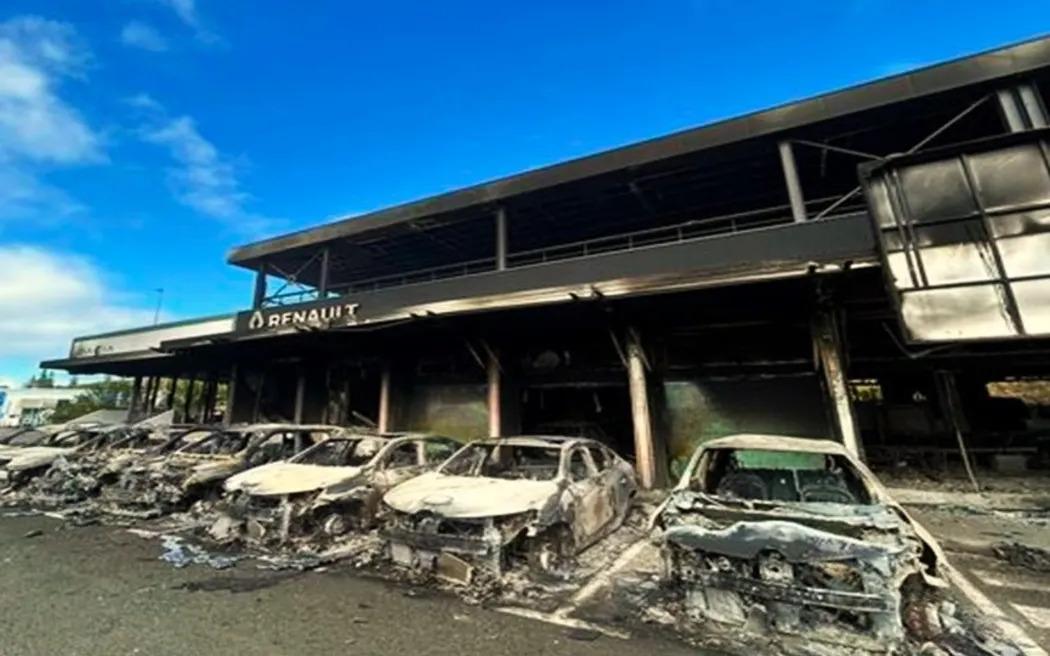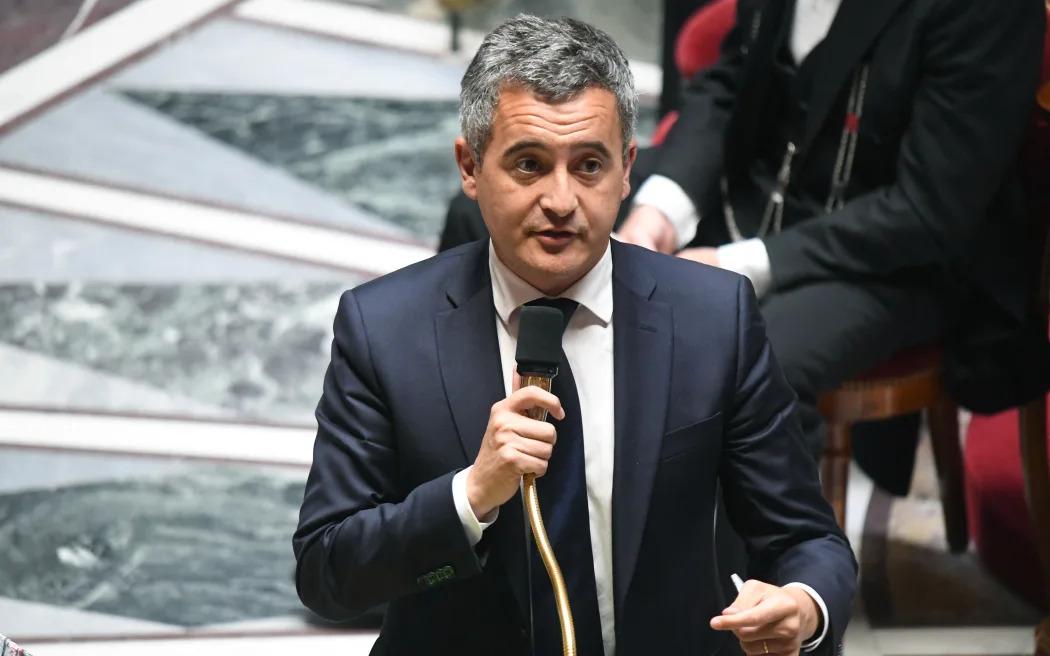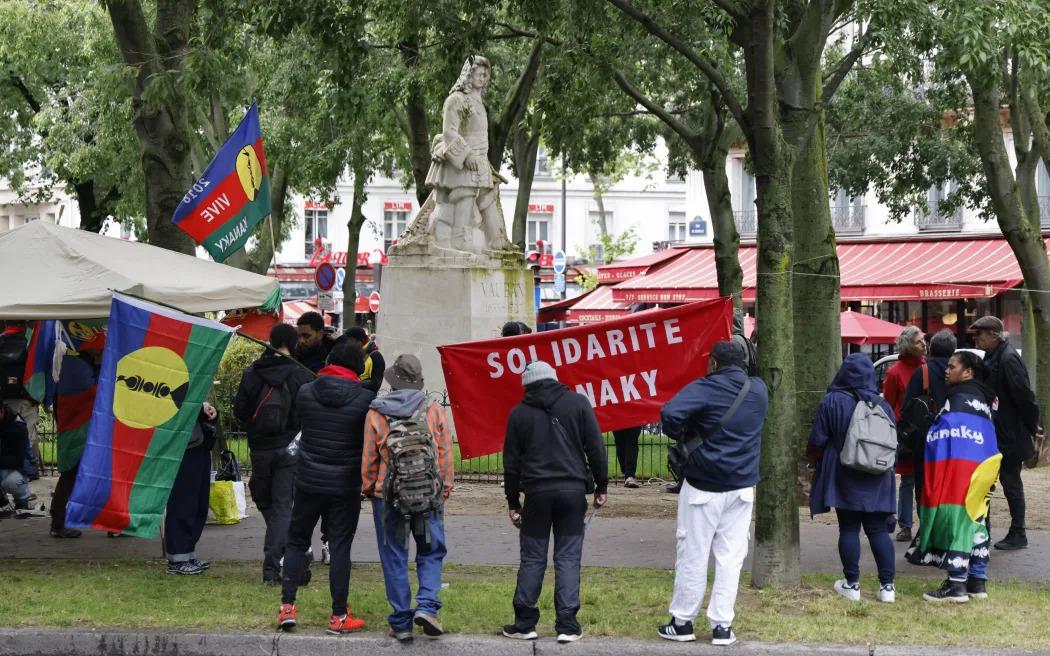New Caledonia crisis mirrors Macron's hypocrisy on Azerbaijan France faces its own crisis
In recent developments, France finds itself grappling with internal strife that eerily parallels its historical and political actions against Azerbaijan. The irony is underscored by the situation in New Caledonia, a territory seeking self-determination under what some describe as oppressive French rule. This scenario starkly contrasts with France’s stance on Armenian separatists in Azerbaijan, whom it has supported over the years.
The comparison between France and Armenia is not just surface-level; it extends to their political ideologies and historical behavior vis-à-vis Azerbaijanis and Türkiye. Armenia, viewed by many as a state established on Azerbaijani territory, has a long history of territorial ambitions and cultural appropriation. Armenians have often been accused of presenting the heritage of other nations as their own, weaving a narrative of possession through fabricated claims.
France, often perceived as Armenia's "twin sister" in this regard, has exhibited similar traits. For centuries, France expanded its borders by annexing territories belonging to other nations, resulting in a vast colonial empire. Much of the African continent fell under French control, where the French army committed egregious war crimes, most notably in Algeria and Rwanda. These actions are some of the darkest chapters in world history.
Despite these atrocities, France, like Armenia, has skillfully masked its past through a veneer of democratic values and human rights rhetoric. Yet, the global tide is shifting. African nations are increasingly rejecting French colonial influence, striving for independence, and reclaiming their wealth. This shift has resulted in France’s diminishing grip on its former colonies.
Simultaneously, a resistance movement is gaining momentum within France’s own borders, particularly in New Caledonia. The population of this territory is challenging the authoritarian governance of the French state, exemplified by the recent legislation passed by the French parliament, which restricts their participation in local government. This move has fueled protests and calls for independence.

The Macron administration’s response to these protests has been severe. Peaceful demonstrators in New Caledonia have faced violent crackdowns, resulting in numerous injuries and fatalities. The government has also initiated mass arrests and imposed a state of emergency in an attempt to stifle dissent.
In a surprising twist, French Interior Minister Gerald Darmanin has accused Azerbaijan of meddling in New Caledonia’s unrest, claiming that Azerbaijani officials are involved in negotiations with separatists. This accusation highlights France's desperation as its colonial empire teeters on the brink of collapse. It appears to be an attempt to deflect blame from its own failures and internal issues.
Azerbaijan, often vocal against colonialism, finds itself unjustly accused. Official Paris’s narrative of Azerbaijani interference is a fabrication, meant to distract from the real cause of New Caledonia’s turmoil: France's own oppressive policies. The Macron government’s refusal to recognize the rights of New Caledonia’s population and its continued colonialist approach is the root of the problem.

The irony lies in France's support for Armenian separatists in Azerbaijan's Karabakh region. For decades, France defended these separatists, ignoring the fact that they were later arrivals to Azerbaijani territory and dismissing Azerbaijan’s legitimate sovereignty. France's actions, such as providing aid to Armenian militants, were blatant interferences in Azerbaijan’s internal affairs.
Now, France is facing a similar predicament. Its heavy-handed tactics in New Caledonia mirror the same policies it once endorsed for Armenian separatists. However, unlike the Armenian terrorists, the people of New Caledonia are not separatists; they are fighting for their right to self-determination, a principle enshrined in international law.

The international community, particularly the UN Security Council, must address France's actions in New Caledonia. There is a pressing need for UN peacekeepers to be deployed to the region to protect the local population and ensure their rights are respected. Furthermore, there could be a role for the Azerbaijani military in this peacekeeping mission, highlighting Azerbaijan’s commitment to upholding international law and human rights.
France’s current predicament serves as a stark reminder of the consequences of colonialism and the importance of adhering to democratic principles and human rights. The situation in New Caledonia is a testament to the universal struggle for self-determination and justice, the struggle that France, despite its historical stance, must now confront within its own territories.








